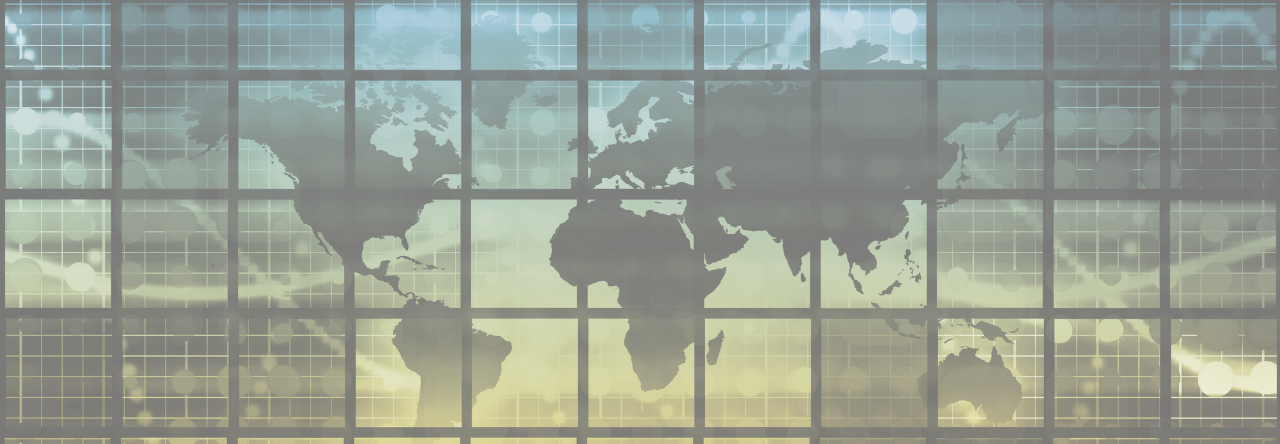This article is the English version of Marc-Antoine Eyl-Mazzega,
« Les conséquences de la guerre d’Ukraine pour le secteur de l’énergie », published in Politique étrangère, Vol. 87, Issue 2, 2022.

Russia’s invasion of Ukraine has brought large-scale interstate warfare back to Europe, plunging the Old World into a series of mutually exacerbating crises. The war has a global impact because Russia is the world’s largest exporter of gas (mostly through pipelines) and liquid hydrocarbons (crude oil and refined products), as well as one of the world’s largest exporters of coal, uranium, metals and ores, and of agricultural raw materials and fertilizers. Russia was also on the verge of becoming the world’s fourth largest exporter of liquefied natural gas (LNG), just behind the US, Qatar, and Australia. The conflict’s impact can be seen in the slowdown in global economic growth, an increase in regional instability and specific flash points, inflation raging in most economies, and unprecedented tensions in agricultural and hydrocarbon markets.
Several months after Vladimir Putin’s 2014 annexation of Crimea and the beginning of military operations in the Donbas, oil and gas prices collapsed for systemic reasons. The Russian president subsequently decided to limit military operations, paving the way for the two Minsk agreements. What is happening today could have happened eight years ago, but the conditions were not right at the time. The aim of Western sanctions was to reduce Russia’s ability to increase its long-term hydrocarbon production and exports, and to impede partnerships being made between Western oil companies and Russian companies. Prices remained steady; energy flows between Russia and the European Union (EU) continued or even increased; and between 2015 and 2020 Russia had to cope with low prices for its exports…
Read the rest of the article here.
>>> More articles of Politique étrangère are available for reading
on Cairn International <<<


Vous devez être connecté pour poster un commentaire.